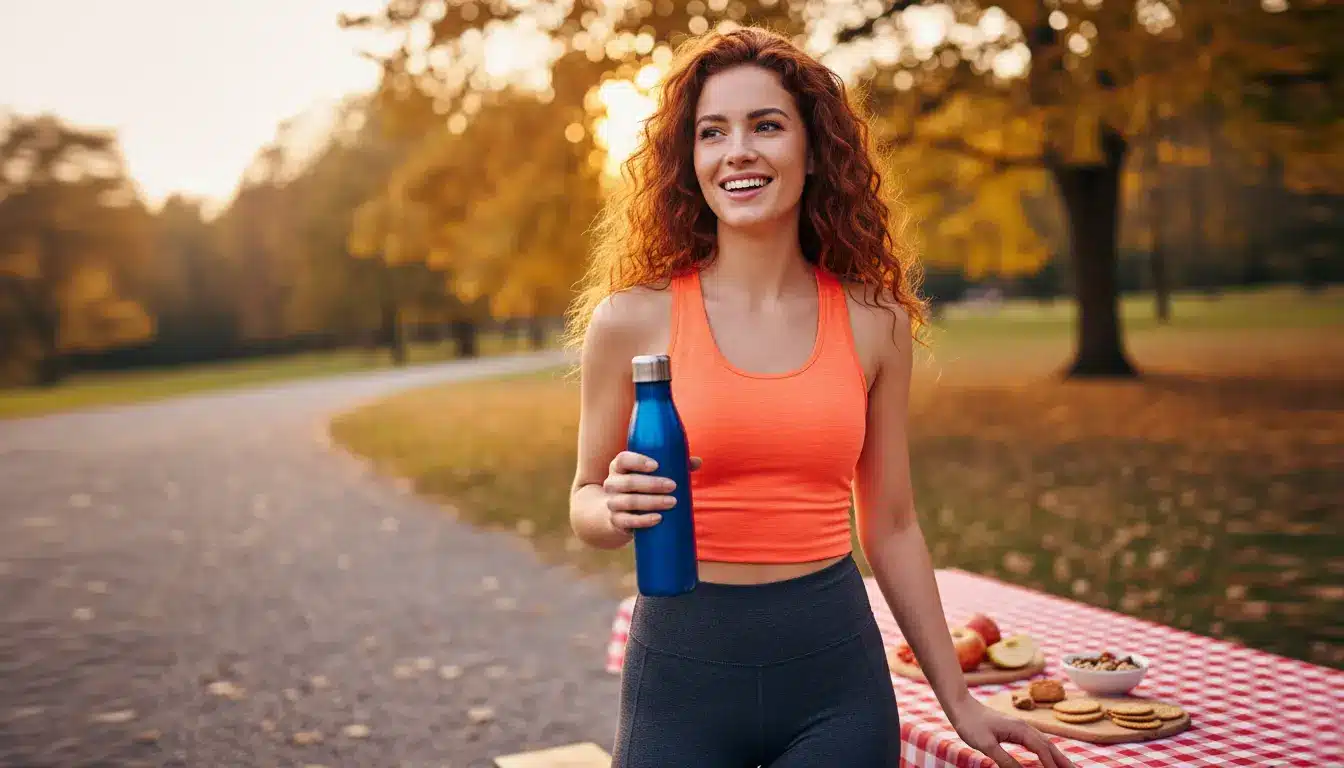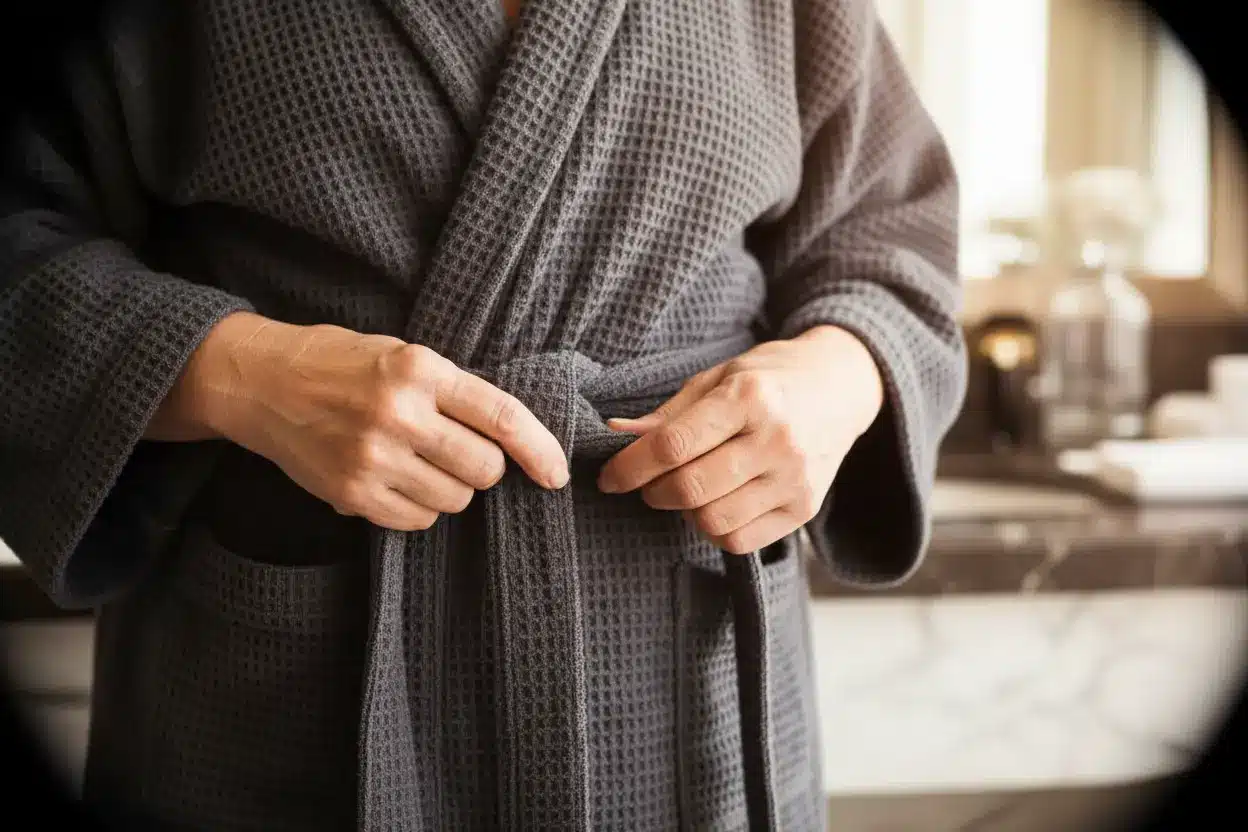Feeling guilty about that glass of water by your plate? Wondering if you’re sabotaging your digestion or, worse, risking water-logged despair? Let’s splash into the cold (never literally cold, mind you!) truths about drinking during meals, according to nutritionists—and what your body is quietly begging you to understand.
Should You Drink While Eating? The Digestive Details
For years, brunch table debates and internet advice alike have thrown shade at the innocent habit of sipping while you eat. But science and nutrition experts bring clarity to the confusion: drinking at and around mealtime isn’t just harmless—it’s downright helpful, within limits.
First, drinking water or another suitable beverage with your meal helps soften what you’re chewing, making it easier for digestive juices to work their magic. Especially as we age—and let’s face it, our salivary glands aren’t exactly getting sprightlier—a sip here and there moistens the palate, making chewing more effective. This means smaller pieces, more even coating of food, less fermentation, and food that glides smoothly down rather than causing trouble later.
Timing: Should You Reach for That Glass Before, During, or After?
If you want to master your appetite and steer clear of emotional snacking, consider the ritual of a generous glass of water about 15 to 30 minutes before meals. This gentle routine promotes a feeling of fullness that not only keeps you from diving face-first into your food, but also slows your eating pace. Remember, eating quickly can mute your brain’s fullness signal, leading to overeating. So, slow down and sip.
For those craving a morning boost, a diluted lemon juice (one part juice to two parts water) taken before breakfast offers a bit of vitamin-rich detox and helps keep your breakfast’s glycemic load in check. Just a word of caution: if you struggle with digestive issues like reflux or ulcers, it’s wise to skip the citrus routine.
After your meal, a final glass of (room temperature) water can even help dial down gastric acidity—a small but pleasant encore for your stomach.
The Best Drinks to Choose, and Those to Avoid
- Water wins. Nutritionists urge you to prioritize plain water—still and at room temperature is best. Skip the ice! Cold water can leave your stomach feeling tense and unhappy.
- Avoid sodas, even “sugar-free.” These fizzy friends don’t actually quench you. Instead, they can boost appetite and trigger unwelcome bloating.
- Coffee and tea have their place (with caveats). Both can have a positive impact on blood sugar and weight, and even help with post-meal low blood pressure—provided your doctor is on board. But sip with moderation: overindulging in tea or coffee interferes with iron and calcium absorption, and too much coffee can agitate sensitive intestines or disrupt sleep if consumed later in the day. Aim to cut off coffee by 4 pm for peaceful nights.
- Go easy on fruit juice, even the “freshly squeezed.” Consuming too much spikes blood sugar—something best avoided for steady energy.
How Much Water Do You Really Need? And When?
Your body is a leaky vessel. Daily, around 2.5 liters of water and mineral salts slip away through sweat, breath, urine, and, yes, even bowel movements. Diet alone makes up roughly 1 liter of that loss (more if you’re munching on lots of fruit and veg), with the rest needing to come from what you drink. That’s where the classic “1.5 liters per day” guideline comes from, though more may be needed in hot weather or during intense sports.
But before you challenge your bladder to a “who can hold the most” contest, moderation matters. Knocking back too much water too quickly—imagine chugging 250–500ml in a minute, as might be suggested in fainting episodes—is not recommended outside of such medical contexts, particularly if you have high blood pressure. Overdoing hydration, especially without salt intake, can spark hyponatremia (cue swelling cells and possibly dire consequences—not the beach body you wanted).
To keep your cells humming along happily, sip modest amounts throughout the day rather than waiting for thirst (which actually signals you’re already mildly dehydrated) or guzzling a half-liter in one go and skipping the rest of the day.
- Drink 2–3 glasses of water around meals (but not too quickly).
- One glass before, possibly one during, and one after your main meal is a good rhythm.
- Always opt for room temperature or lightly cool—not cold—water.
The Verdict: Sip Smarter, Eat Happier
Drinking during meals won’t sabotage your health; for most, it will help your digestion and your eating habits. Embrace water before, during, and after meals for hydration, smooth digestion, and appetite control. Just remember to avoid extremes. Ditch the sugary sodas. Give fruit juice, tea, and coffee their place without overindulging, and keep the water flowing gently all day long. As for that iced glass? Your stomach politely requests you leave it for the sauna.
With wise sipping habits and sensible choices, you can stay hydrated, comfortable, and—let’s face it—one step ahead of your next meal’s temptations.
Based on insights provided by Fabien Badariotti, PhD in molecular and cellular biology, and Léa Lebrun, dietitian-nutritionist and clinical psychologist.

John is a curious mind who loves to write about diverse topics. Passionate about sharing his thoughts and perspectives, he enjoys sparking conversations and encouraging discovery. For him, every subject is an invitation to discuss and learn.






